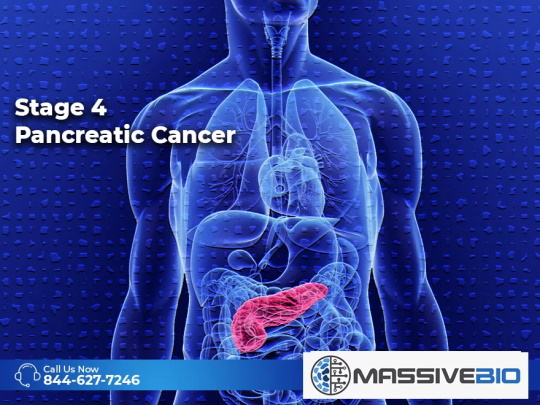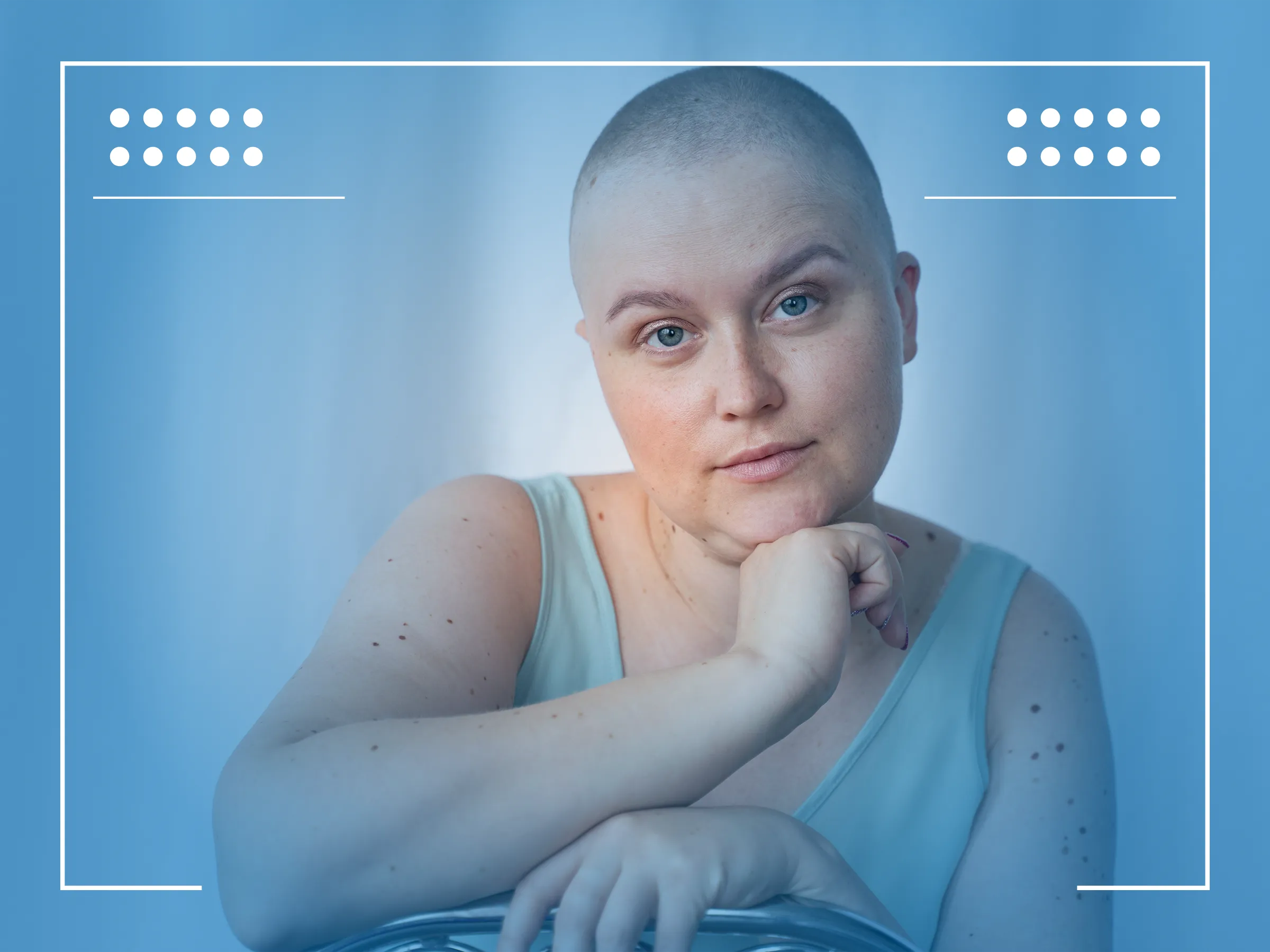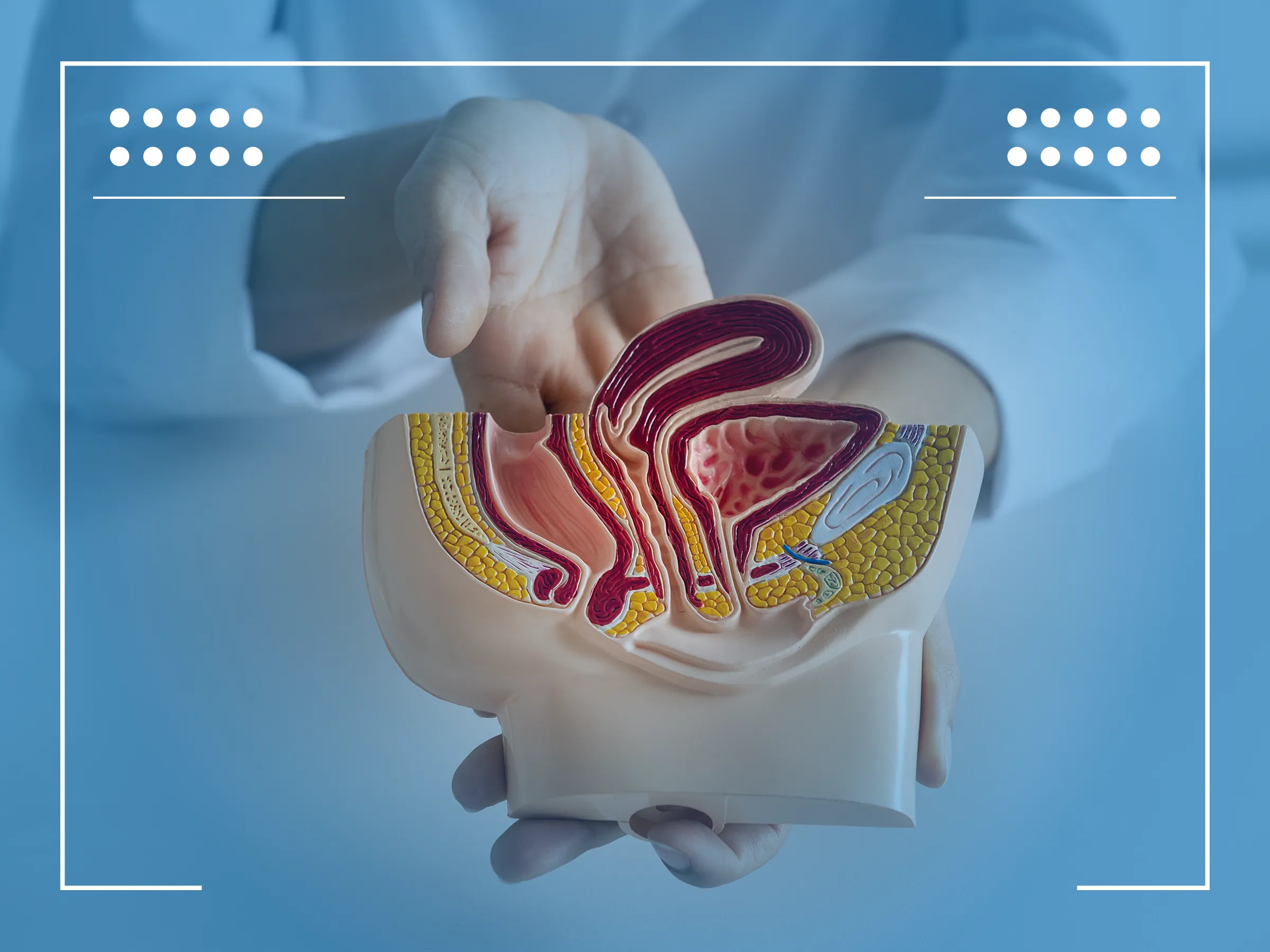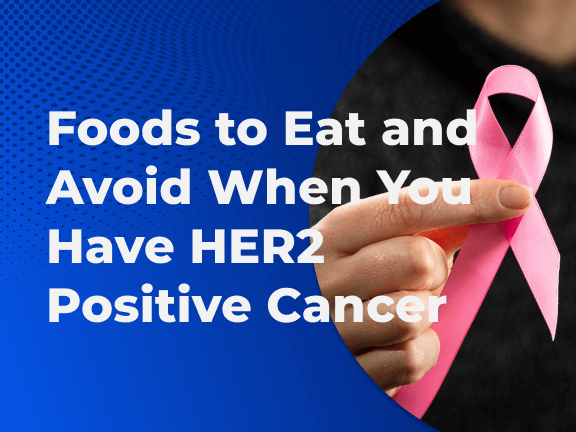What is Lymphoma?
Lymphoma is a type of blood cancer that attacks lymphatic tissue and affects lymphocytes, also known as white blood cells. There are two types of lymphoma, Non-Hodgkin’s lymphoma and Hodgkin’s lymphoma. Non-Hodgkin’s lymphoma represents 85% of all lymphoma cases in the United States.
To learn more about Non-Hodgkin’s Lymphoma, read our ultimate guide: Non-Hodgkin’s Lymphoma Ultimate Guide
Nearly 100,000 new cases of lymphoma were estimated in 2020 by the National Cancer Institute, and the 5-year relative survival rate is 72.6%. It represents 4.6% of all new cancer cases in the United States, as the 7th most common cancer type. Lymphoma is more common in men than women and the median age of diagnosis is 67.
Lymphoma Symptoms
If you have concerning or noticeable symptoms, it is important to make an appointment with your doctor. Lymphoma symptoms include:
- Painless enlargement of lymph nodes
- Fatigue
- Night sweats
- Fever and/or chills
- Shortness of breath
- Weight loss
- Loss of appetite
What Causes Lymphoma?
The exact cause of lymphoma is unknown according to doctors. Lymphoma develops when lymphocytes develop an abnormality, also known as a genetic mutation. Once the mutated cell rapidly divides, diseased cells are more abundant than healthy cells and organs such as lymph nodes, the spleen, or liver swell. Researchers are currently trying to understand more about why gene mutations occur in lymphocytes.
Lymphoma Risk Factors
While the exact cause of lymphoma is still unknown, there are several risk factors believed to increase your chances of developing the disease. Risk factors of lymphoma include:
- Age: Some subtypes are common in adolescents and young adults, but most lymphoma patients are diagnosed after age 55.
- Gender: There is a small but noticeable increase in the rate of cases for men than in women.
- Immunocompromised individuals: Those with immune system disease or take drugs that suppress the immune system.
- Previous infection: Certain infections like Epstein-Barr virus and Helicobacter pylori infection are believed to increase the risk of developing lymphoma.
Lymphoma Prevention
Here are some helpful tips that can decrease your chances of developing lymphoma:
- Balanced and healthy diet
- Regular exercise to maintain a healthy weight
- Avoid exposure to radiation
- Avoid factors that lead to infections of the immune system
Lymphoma Treatment
Once a diagnosis has been confirmed, the best treatment option will be determined for the individual. The best treatment for each case will depend on the type and stage of the lymphoma. However, all treatments have the same goal of bringing the lymphoma into remission. Lymphoma treatments include:
- Active surveillance, for slow growing (indolent) subtypes of lymphoma
- Chemotherapy
- Radiation therapy
- Bone marrow transplant, healthy stem cells are injected into the blood through an IV
- CAR-T Cell Therapy, genetically engineered T-cells are used to target specific proteins in cancer cells
- Targeted therapy
- Immunotherapy
- New research treatments in clinical trials
Lymphoma Clinical Trials
There are approximately 800 clinical trials for lymphoma that are currently recruiting patients in the United States right now. With such an extensive list, many of them could be beneficial for you. Our team of patient relations coordinators, who are oncology nurses, and our artificial intelligence-based clinical trial matching system will find the best option for you.
With just a few clicks, you can see your clinical trial matches now. Click here to use our advanced clinical trial match tool.
How Do We Help Lymphoma Patients?
Massive Bio offers an independent cancer treatment analysis as well as free clinical trial matching for lymphoma patients. Our patient relations coordinators work closely with patients to gather information on their current medical status, and then will provide a list of options from available cancer clinical trials close to your home.
We can also provide a comprehensive case analysis through our Virtual Tumor Board from cancer specialists. The Virtual Tumor Board (VTB) is comprised of highly specialized oncologists from nationally-recognized Cancer Centers of Excellence. In just 7-10 days after receiving your medical records, we can get you a treatment plan without having to travel far distances and use your valuable time.














2 Comments
My name is Dennis Bray I’m 53 yes old in April of 2018 I had just had successfully lower lumbar surgery during that surgery they found a lump on base of my tongue so I went to an ENT and he later done biopsy and I had stage 1 lower 2 cancer caused by HPV . after 3 months of radiation and Erbatux treatment it was gone so several months later it came back very aggressive at same place and spread to my larynx.The PET scan showed I had an aneurysm of my aorta so I decided on surgery to remove it rather than having chemo radiation again I had an uncle that died that way. so Emory in Atlanta did a complete laryngectomy and after 2weeks had swallow a test it leaked and infection in my neck caused then to take my peck muscle to seal the hole and infection stopped that was in December 2019 January 2020 . in February PET scan showed lymph node in right side of lung so had biopsy in March and its cancer bur my lungs are clear I have been to 2 oncologist and on my way for an appointment Monday at cancer treatment centers of America. that is basics of my cancer journey I am exploring all options and need a place that is best for me . I have low ssdi I live off of and have united health care Medicare. I had moved in to my mom and dad’s old mobil home and it has mold so I need to find a place to live to have these treatments or I’m afraid it’s just a waist of time . Hopefully you can help ,sincerely Dennis Bray
Thanks for your message. We would be happy to help. You can learn more about available cancer treatment options and clinical trials here: https://hubs.ly/Q01yygDr0.
You can also contact one of our Patient Relations Coordinators via phone or email at 844-627-7246 & [email protected]